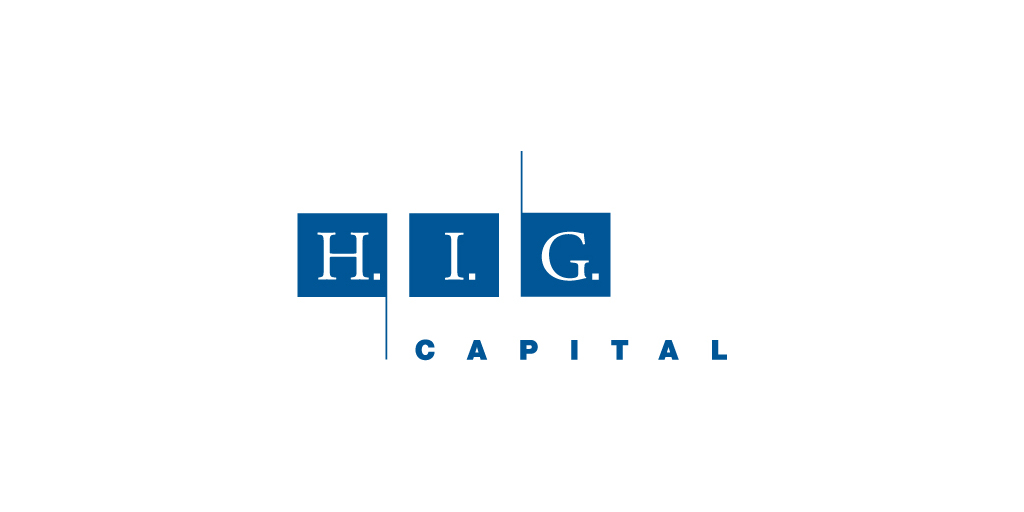When it comes to white-collar crime, it helps to be a private equity firm with good lawyers using subsidiary companies to do the dirty work – then you can get away with practically anything.
A federal appeals court has upheld the dismissal of a whistleblower lawsuit accusing private equity firm HIG Capital and a pain management and surgery company it owned, Surgery Partners Inc, of running a scheme to bill Medicare for unnecessary urine drug tests, according to a report published by Reuters.
An 11th U.S Circuit Court of Appeals panel found Friday that the lawsuit, filed in 2017 in Tampa, Florida, federal court, was barred by an earlier whistleblower lawsuit against Surgery Partners, even though that lawsuit, which resulted in a $41 million payout by Surgery Partners and its executives, did not name HIG.
The decision comes amid growing scrutiny of private equity firms’ investments in healthcare.
Jeffrey Bushofsky of Ropes & Gray, a lawyer for HIG, declined to comment. Alan Wachs of Smith Gambrell & Russell, a lawyer for the plaintiffs, could not immediately be reached.
HIG bought Surgery Partners in 2009. In 2011, HIG and Surgery Partners formed a diagnostic company called Logan Labs, according to court filings.
The whistleblowers – Surgery Partners doctor Sheldon Cho, and Dawn Baker, a recruiter who placed physicians with the company – said that Surgery Partners, under HIG’s direction, pressured doctors to refer patients for unnecessarily detailed urine drug testing from Logan Labs. They said the tests resulted in millions of dollars of fraudulent billing to Medicare and state Medicaid programs.
In 2020, the federal government settled with Surgery Partners for $41 million but declined to intervene against HIG. Cho and Baker subsequently amended their complaint to focus on HIG.
Later that year, U.S. District Judge Virginia Hernandez Covington dismissed the case without prejudice on the grounds that a 2016 whistleblower case against Surgery Partners had brought the same claims, triggering the False Claims Act’s “first to file” bar against duplicate lawsuits.
On appeal, Cho and Baker argued that their case was not the same as the earlier one because it focused on HIG’s conduct, which they called “a unique breed of healthcare fraud, designed and directed by outside capital.”
The 11th Circuit, however, found that the factual allegations in the case had the “same material elements” as the earlier one. Circuit Judge Charles Wilson wrote the opinion, joined by Circuit Judge Barbara Lagoa and U.S. District Judge Jose Martinez of the Southern District of Florida, sitting by designation.
HIG in October agreed to pay $20 million to settle whistleblower fraud claims involving South Bay Community Services, a mental health clinic operator it owned.
The case is Cho et al v. HIG Capital LLC et al, 11th U.S. Circuit Court of Appeals, No. 20-14109.


